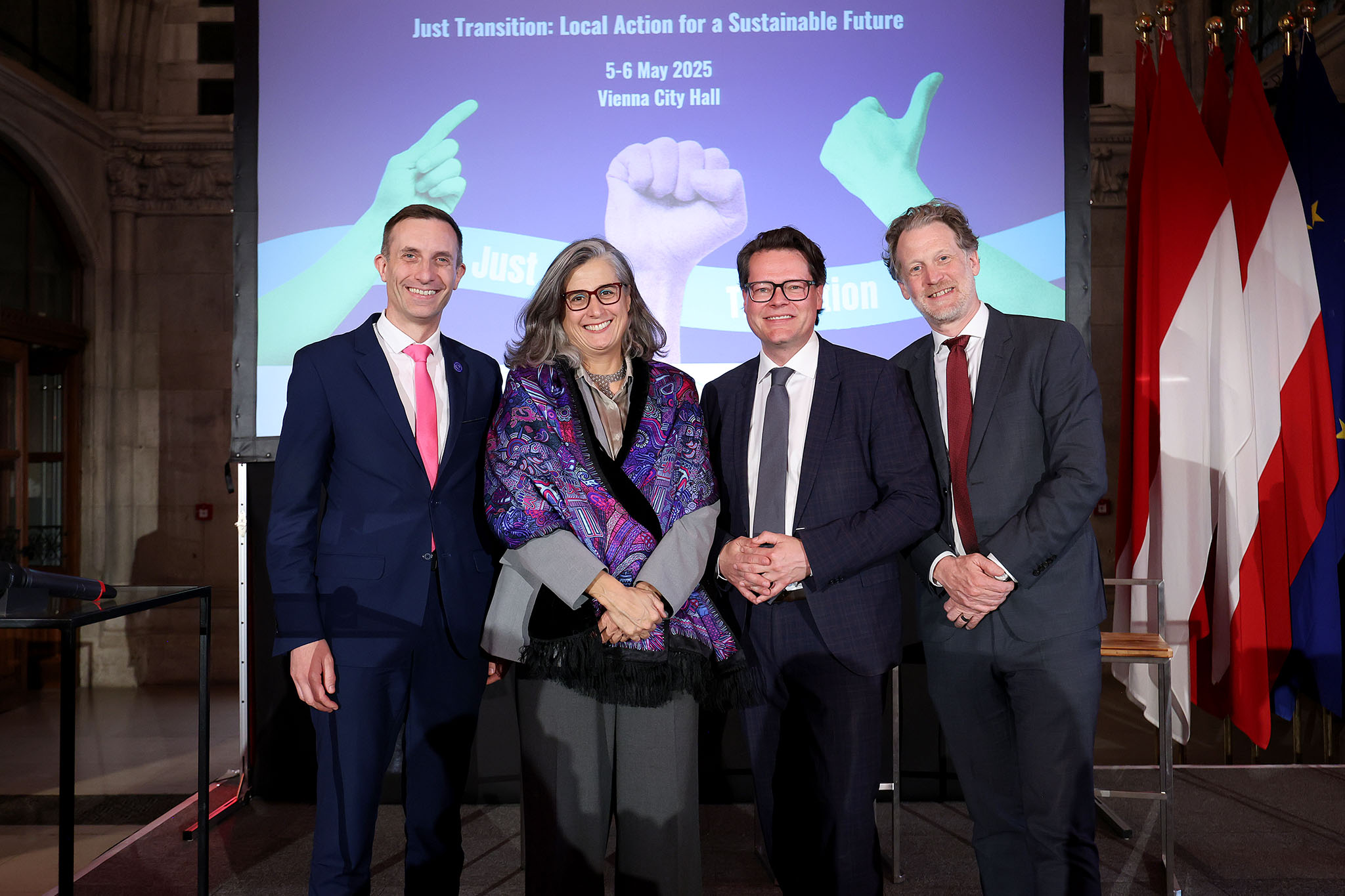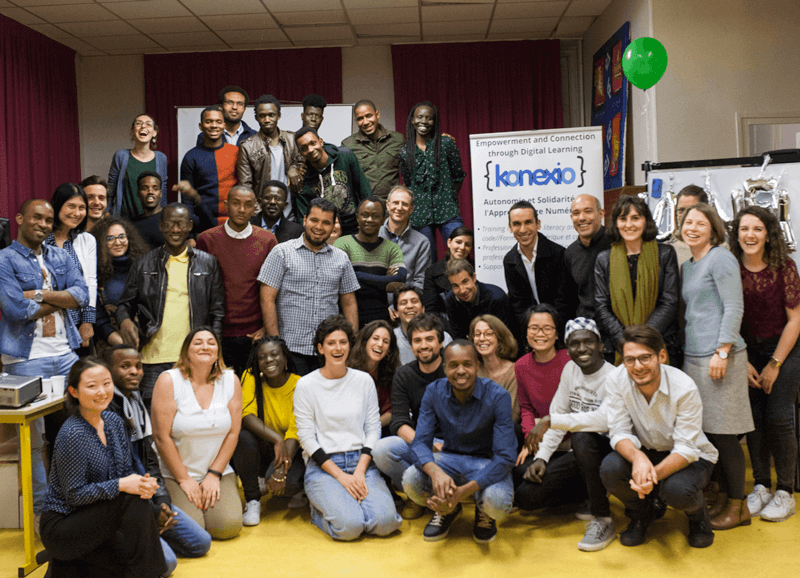Almost everyone in the world recognises the importance of generosity to a certain extent. Why should we contribute, other from our seeming universal propensity to donate to charity — or, more broadly, to do the right thing? What are some particular reasons why we should make charity a priority in our lives? Simply believing in the need of giving back to our communities is one thing, but if we are to help people in need, we must narrow the gap between purpose and action.
Kant famously claimed that we have an obligation to aid others at least occasionally, but that this duty is “imperfect.” As a result, we frequently have a lot of options when it comes to how we might help others. Kant, on the other hand, maintained that we must “always consider humanity…as an aim in itself.” We must truly care about the well-being of others. So, even though we usually have a number of options for how to help others, if failing to help on a particular occasion would demonstrate that we don’t care about the well-being of others, we would be obligated to help on that particular occasion.
We are living in unexpected times as we navigate the pandemic, with unparalleled potential to use charity to dramatically enhance the lives of others. The worldwide turmoil of 2020 affected where and how people and organisations gave. Volunteers from all across the world have shown incredible unity in the face of the COVID-19 pandemic. They are ordinary people who respond to pleas for assistance from their local communities.
Charity is more than random acts of kindness. Charity is essential because it raises awareness of problems and empowers people to make a difference. It improves human connections and opens pathways for healing in communities.
The case for Effective Altruism
The work of philosopher Peter Singer focuses on “effective altruism” – how to do the greatest good in the world. He claims that effective giving requires a balance of empathy and logic.
Singer claimed in a 1972 article titled Famine, Affluence, and Morality that “if it is in our power to prevent something awful from happening without surrendering anything of equivalent moral value, we ought, ethically, to do it.” Because of their simplicity and coherence as a framework for thinking about what it means to live an ethical life, Singer’s ethical arguments have inspired so many people.
We outline the following assertions from Singer’s essay Famine, Affluence, and Morality:
- Suffering and death due to avoidable reasons (such as a lack of food, shelter, or medical treatment) are both undesirable outcomes.
- We should try to prevent negative things from happening if we can do so without jeopardizing our own well-being.
- Most of the people and organisations in high-income countries can make a meaningful impact on the lives of others without substantially reducing their own wellbeing.
Local action with global impact
The power of political best practice is that it carries a butterfly effect. This especially rings true when we think of the numerous ways in which local initiatives can be replicated and implemented in cross-border settings. It is through such action that we see the positive changes municipalities enable in their communities. After all, the only constant in the world, according to ancient thinkers, is change.
A couple of examples:
In the UK, one community fridge saves 90,000 food items per year from being wasted whilst providing a unique opportunity for social connections to form.
Since World War II, the refugee crisis has been the worst humanitarian disaster. More over half of the refugees are children. Providing food and hospitality amidst a wave of refugees arriving in Bad Godesberg in Western Germany makes the new immigrants feel welcome and gives them a fresh start into their new lives.
In September 2015, the association Cap ou pas Cap (To dare or not to dare) built the first ‘givebox’ of Paris (on Place Félix Éboué), together with inhabitants and associations from the 12th district in Paris. A givebox is a cupboard located in public space, freely accessible, 24/7. Anyone can leave or pick up unused items: books, clothes, non-perishable food, etc., with no reciprocity required
When homeless people are provided with a home, they have a better chance of overcoming unemployment and addiction. Housing First is a well-researched and empirically-based method of combating homelessness. Instead of asking if people with mental problems or addictions ‘deserve’ housing, this method turns it around: having a home is the starting point and a prerequisite for other measures to succeed, regardless of whether it is work, health or addiction treatment efforts.
Within days of the coronavirus outbreak, medical associations in the region of Thessaly moved to collaborate with the health-tech startup, Dr Button, to deliver free teleconsultation services to citizens through mobile and web applications. This system ensured that people were able to stay safe at home throughout the lockdown.
Let’s have a look at these best practice projects and the methods they used to give back and support the vulnerable. The best part about best practices is that they are transferable, thus we hope these methods can inspire other municipalities and project owners to take action in fostering safe spaces:

Housing First, Örebro
When homeless people are provided with a home, they have a better chance of overcoming unemployment and addiction.

RISE – Responsible Indigenous Strategy for Empowerment
This project creates an ongoing dialogue and employment opportunities for Indigenous youth in mainstream settings.
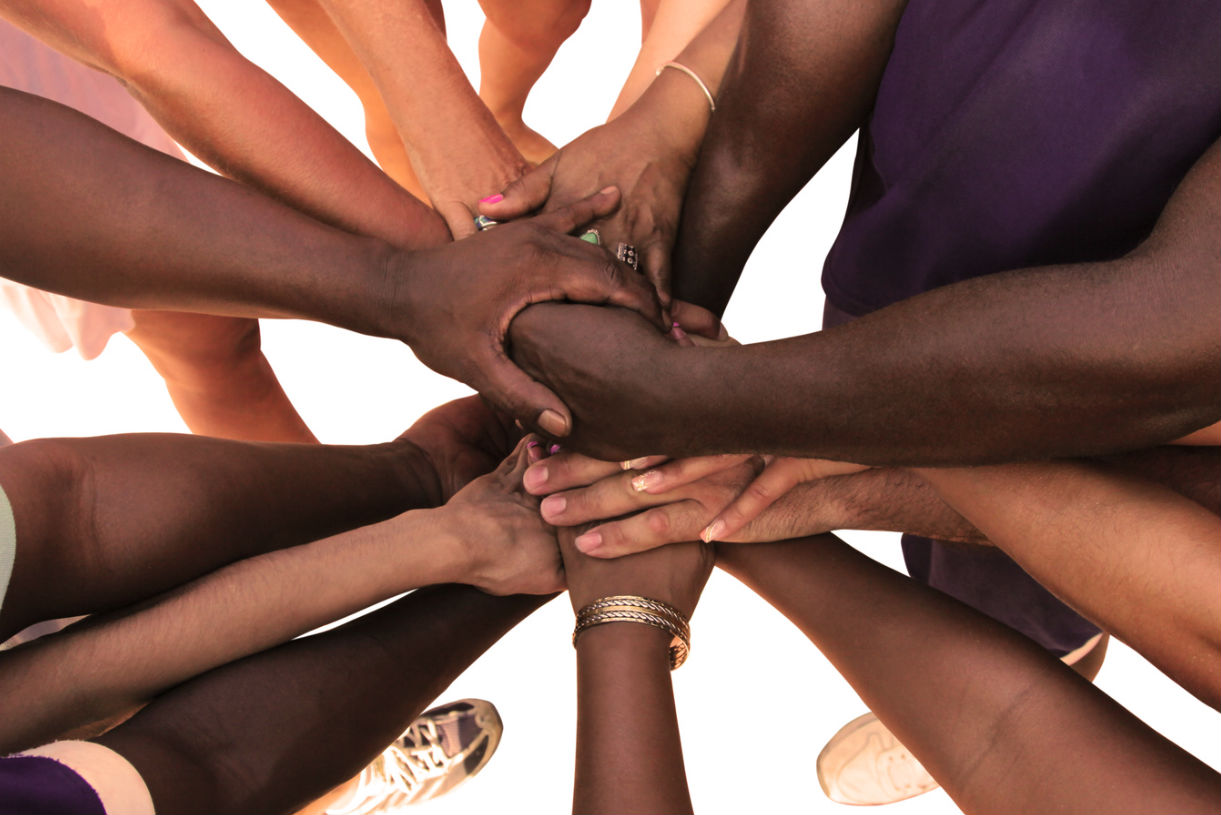
Athens Coordination Center for Migrant and Refugee Issues (ACCMR)
Athens installs an effective mechanism coordinating initiatives and programmes for refugees by NGOs, government, institutions, donors, and civil society.
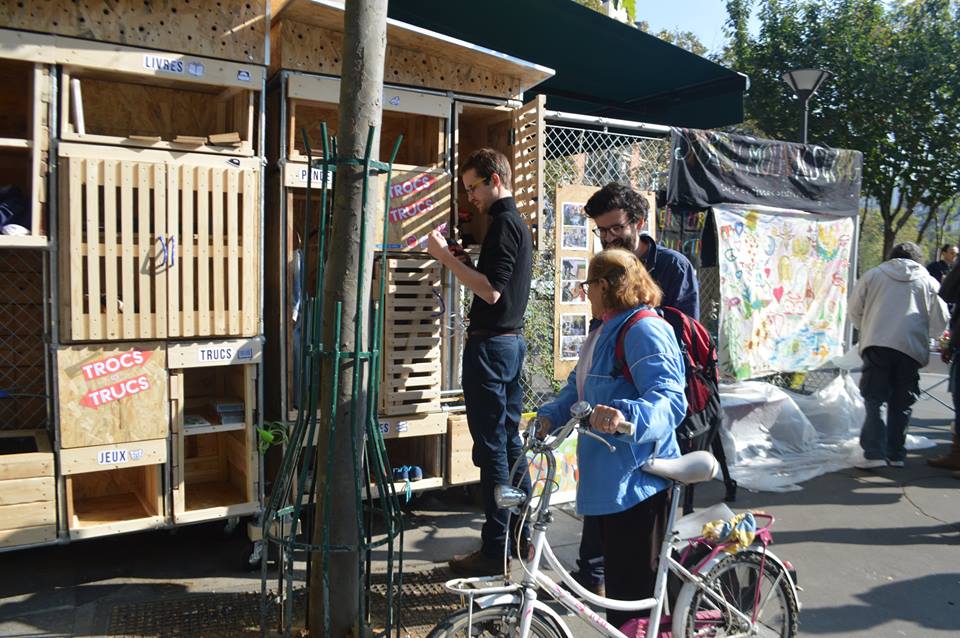
First Paris Donation Box
A donation box for sharing objects is set up on the streets of Paris, welcoming an average of fifteen people every hour who are ready to circulate their items.

Good Godesberg
Providing food and hospitality amidst a wave of refugees arriving in this locality in Western Germany makes the new immigrants feel welcome and gives them a fresh start into their new lives.
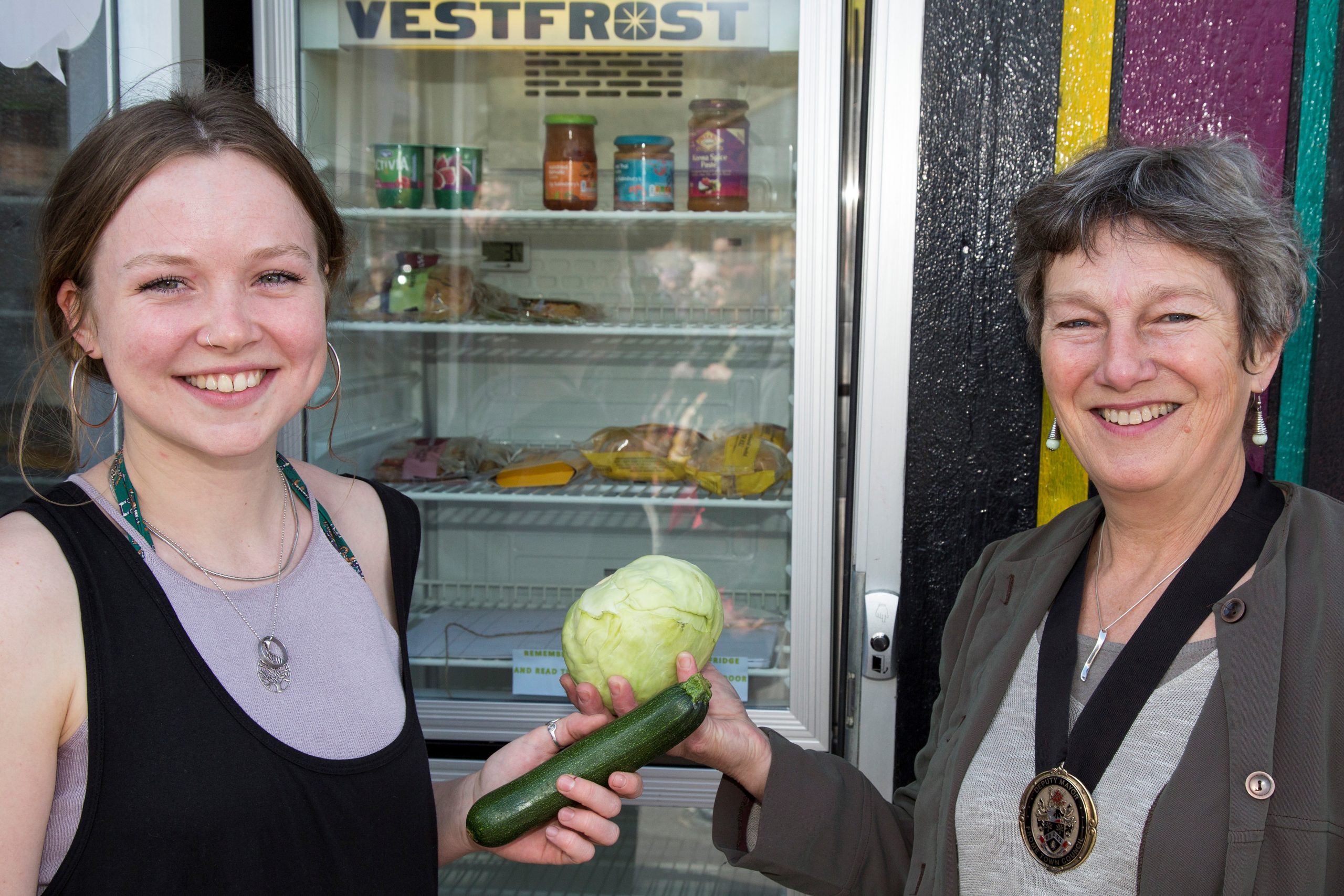
Frome Community Fridge
One community fridge saves 90,000 food items per year from being wasted whilst providing a unique opportunity for social connections to form.
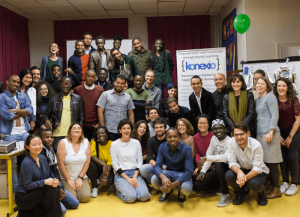
Konexio
Training programmes in different locations in Europe and Africa empower disadvantaged groups through digital literacy, to overcome the digital divide and make earning an income locally possible.

Home Quarantine Without A Home?
Bratislava sets up a fully-furnished quarantine town with medical and psychological care, for people without homes during lockdown.

Free Telemedicine Initiative Against Coronavirus
Free teleconsultation services help keep citizens safe and informed through the coronavirus lockdown, thanks to a collaboration between medical staff, local government, and the startup-sector.
In our Showroom we present exemplary political projects which successfully address today’s challenges. Each month, we offer you a carefully curated selection of best practices which impact global settings through local change-making.
Continue reading

Finalists for The Innovation in Politics Awards 2025
